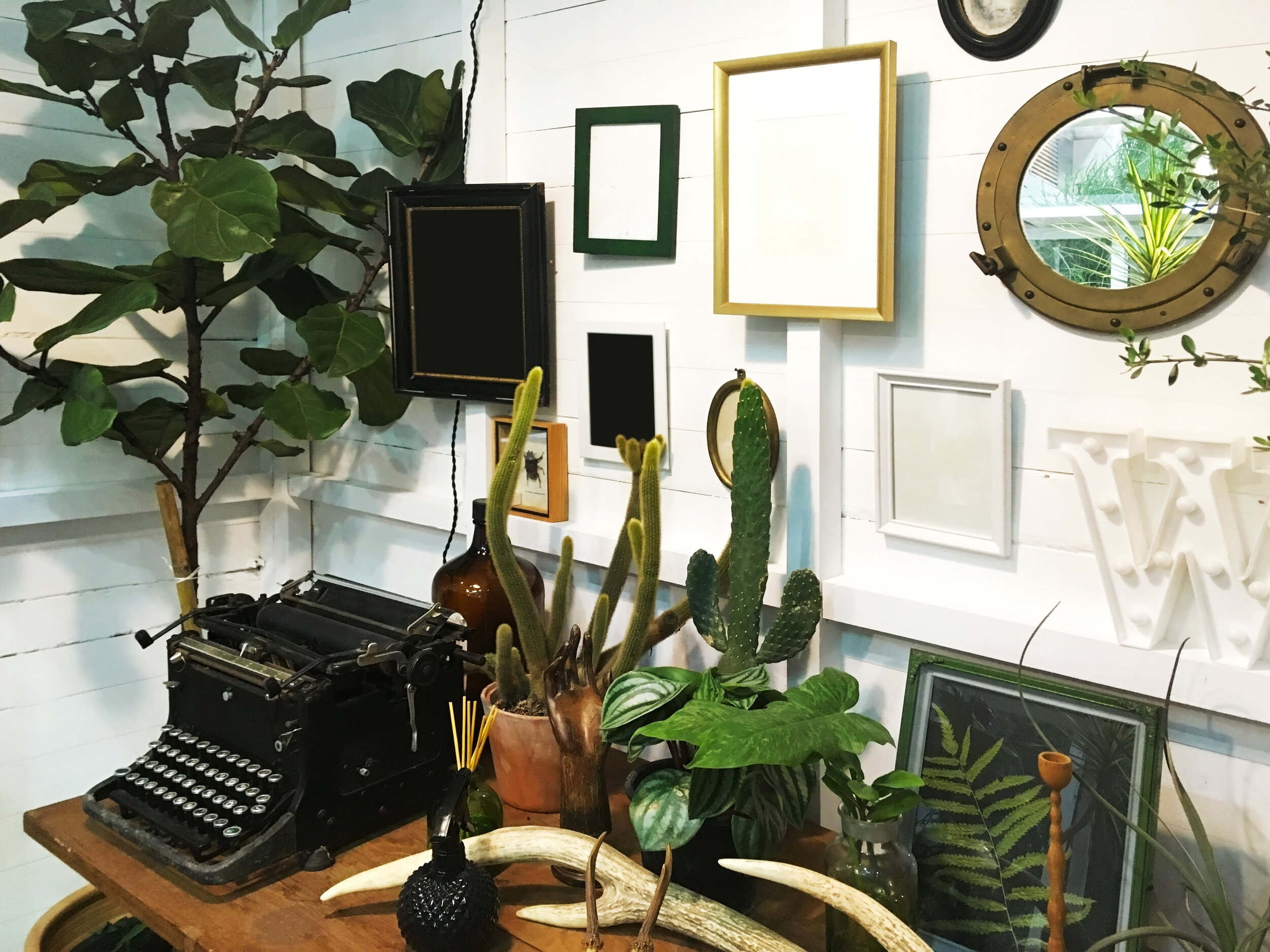
Projects
THE DEMOCRATIC SET
Shahida was invited to take part in a community film project ‘The Democratic Set, presented by the Cambridge Junction in collaboration with Australian company Back to Back Theatre.
Shahida and her son Ibrahim filmed a 15 second ‘moving portrait’ to explore the grand ideals of equality and freedom. A series of short live performances and screen-based video portraits was created with the local community.
The film explores the belief that all people are, in principle, equal and should enjoy social, political and economic rights and opportunities.
Find out more about Back to Back Theatre.
YOU HEARD US
Shahida was invited to take part in a public art project ‘You Heard Us’.
You Heard Us is a public art project which took place in Stockton, Bradford, Cambridge and Deptford (London). Luca Rutherford- a performer and writer, collaborated with 40 local women and 4 local photographers.
Putting women’s voices and experiences at the forefront of the discourse, impassioned this public art installation. The large-scale artwork is all about celebrating women, women listening to each other, and women defiantly taking up public spaces.
CAMBRIDGE MUSLIM HERITAGE
Shahida and her son Ibrahim, launched Cambridge Muslim Heritage to explore the untold stories of Muslims who lived in Cambridge before the 1960s.
INDIA INK: AUDIO PLAY
Shahida co-wrote the audio play, adapted from the screenplay titled India Ink.
In 1905, an Indian nanny travels to Britain with the family that employs her, but when her affair with the husband is revealed, she is cast out.
She must learn to fend for and trust herself among British suffragettes struggling to take hold of their destiny. The period drama is set against an historical background, and utilises strong real-life characters, including some of the most famous women in the suffragette movement and the founder of the Daily Mirror. The co-author, Halle Eavelyn sold a screenplay in the US called Silver in 2005.
THE LASCAR: RADIO PLAY & TEACHING RESOURCE
The Lascar: Radio Play, written by Shahida Rahman and directed by Pablo Robertson, is part of the Heritage Lottery Funded Lascar Heritage Project.
The word ‘Lascar’ is presently outmoded, it points to a rich and unique aspect of world history. Translated directly, the word means ‘sailor from East India’. However, the term bears a wider applicability and was regularly used in reference to non-Europeans that served on British sea vessels. Lascars were recruited for work aboard British ships from Bengal, Yemen, Assam, and Gujarat. The Lascar experience was defined by two overriding factors: performing work at a servile capacity and remaining in ceaseless activity while at sea, be it maintaining a particular vessel or working on a variety of crafts.
The story that follows expresses the essential, spiritual truth of the Lascar experience, using a fictional modality. On display will be the characteristic harshness and dislocation of the typical Lascar experience, illustrated through the narrative of a Bengali man named Ayan. Ayan Miah’s older brother, Kazi, is being ravaged by cancer, so Ayan takes to the sea as a Lascar in the hope that he will earn enough money to help his ailing brother. What Ayan doesn’t realise is that his dark skin could very well be his death sentence.
ACTIONS. THE IMAGE OF THE WORLD CAN BE DIFFERENT: AN EXHIBITION
Shahida took part in helping create some photos for photographer Melanie Manchot. She was commissioned by the director of Kettles Yard, which is the University of Cambridge’s modern and contemporary art gallery, to create photos to mark the opening of the new Kettle’s Yard. Click HERE to read more about the exhibition.
The artwork was featured at the Heong Gallery, Downing College, Cambridge. Click HERE to watch the symposium.



